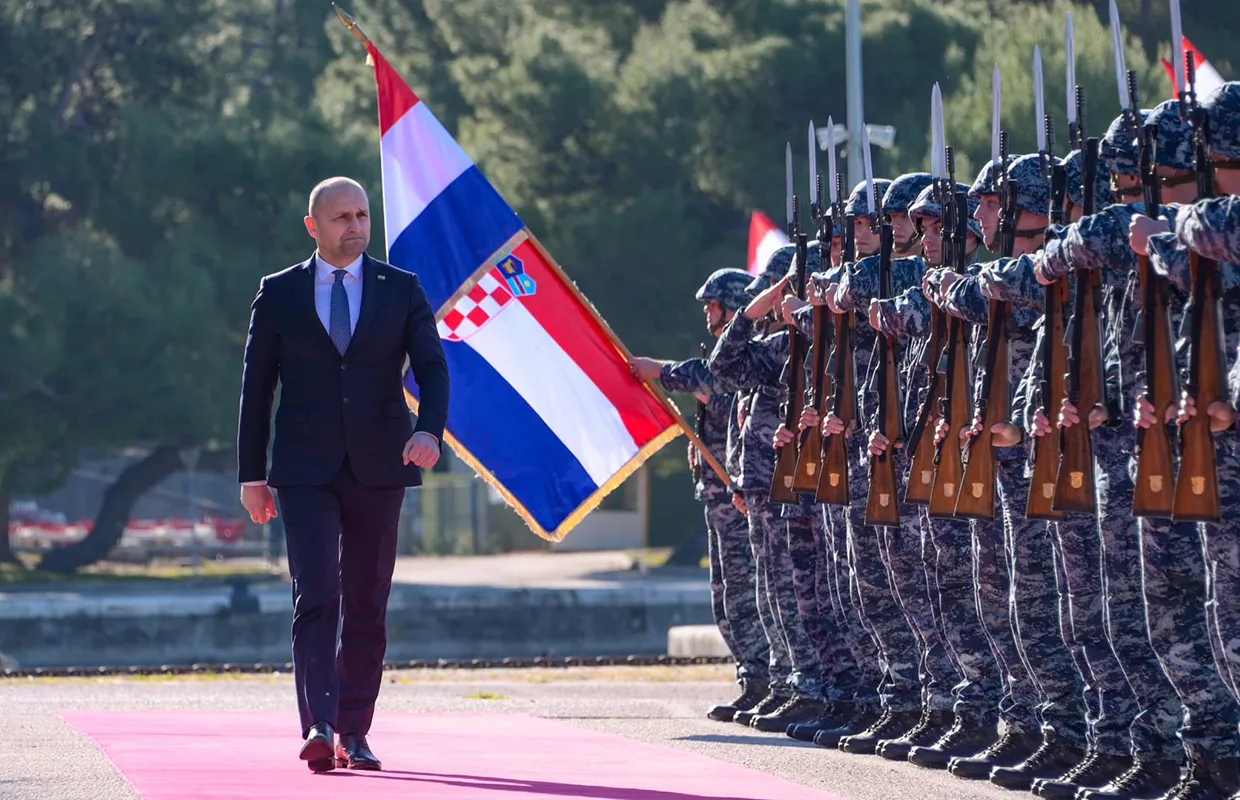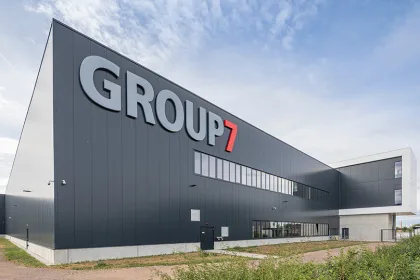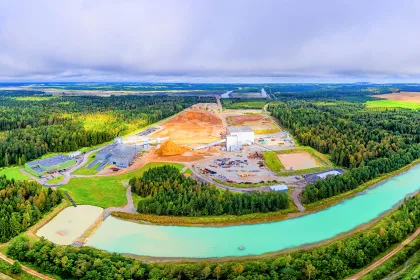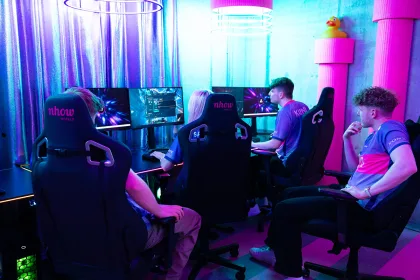The Ministry of Defence of the Republic of Croatia is responsible for overseeing and organising the nation’s armed forces. We speak to Minister of Defence, Ivan Anušić, about the exciting slate of developments underway.
Q&A WITH THE MINISTRY OF DEFENCE OF THE REPUBLIC OF CROATIA
Firstly, could you explain the origins of the Ministry of Defence of the Republic of Croatia?
Ivan Anušić, Minister of Defence (IA): The Ministry of Defence of the Republic of Croatia (MORH) was founded at a time of profound historical change – a period we Croats often refer to as the days of pride and glory.
This was the period when our country made the decision to fulfil its long-held aspirations for independence, sovereignty, and statehood. MORH was established following Croatia’s first multi-party elections in 1990, marking the beginning of our separation from communist Yugoslavia and the creation of an independent nation.
This period also coincided with the collapse of communism in Eastern Europe. However, the process of establishing an independent state was far from peaceful, as it was marked by Serbia’s aggressive war against Croatia.
MORH and the Croatian armed forces were created under wartime conditions, as Croatian war veterans fought for a free and sovereign nation.
This is why we often refer to our armed forces as a victorious army, one that was forged in the defence of its homeland, overcoming a far more powerful Serbian adversary – despite being initially under-equipped – and ultimately securing our freedom.
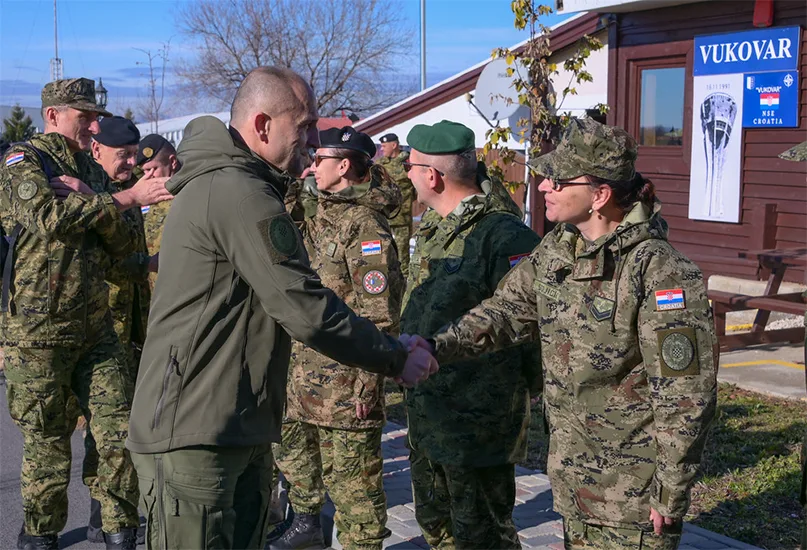
Since its inception, how has MORH developed and progressed in terms of its key objectives?
IA: MORH has undergone several phases of development, shaped by the geopolitical and security challenges Croatia faced during its separation from communist Yugoslavia.
In the early 1990s, during the Homeland War, all efforts were directed towards building the Croatian armed forces. At the time, until January 1992, Croatia remained an unrecognised state under the UN arms embargo. It was a difficult period, but with the support of a few allies, we managed to acquire the necessary weaponry.
Standing firmly alongside the victorious Croatian forces was MORH, led by the Minister of Defence at the time, Gojko Šušak, and the first Croatian President, Franjo Tuđman.
Following the war, MORH focused on building a peacetime defence system based on a doctrine of deterrence. Croatia’s key national objectives during that period centered on the integration into Euro-Atlantic institutions – specifically the EU and NATO.
What is your current take on the defence landscape across both Croatia and the broader European region?
IA: Europe stands at a historic crossroads. Firstly, Russia’s aggression against Ukraine has profoundly disrupted the security and geopolitical landscape.
Second, the stance of the new US administration signals that Europe must take greater responsibility for its own security.
The message is clear – it is now or never. Europe must acknowledge that it can no longer depend on others for its security and must significantly increase its investments in defence and the development of its own industry.
Only through these efforts can Europe ensure lasting peace on its own soil. I must also emphasise that Croatia stands firmly with Ukraine. Having endured our own bloody conflicts, we deeply understand and empathise with the challenges the country is facing.
Elsewhere, from a geopolitical and security perspective, stability in Southeast Europe is of paramount importance to Croatia. Two critical areas demand our attention – Kosovo and Bosnia and Herzegovina.
As Croatia’s Minister of Defence, I consistently emphasise – both diplomatically and militarily – the need for special focus on these potentially volatile areas.
Croatia, Albania, and Kosovo recently signed a trilateral defence declaration to strengthen cooperation and reinforce our alliances as we share a vested interest in the security of Southeast Europe.
The region faces numerous security dangers, particularly in the areas of hybrid and cyber threats. Through this declaration, we also reaffirm our support for Kosovo and Albania’s Euro-Atlantic paths.
What trends are currently transforming the defense industry and how are you responding to them?
IA: MORH, together with the Croatian government, places strong emphasis on supporting the domestic defence industry.
Our goal is to further strengthen and advance the sector, particularly by encouraging companies that are developing new defence technologies and innovative solutions.
Some Croatian companies export to both US and European markets and are recognised as leaders in their fields of innovation. We are committed to providing these companies with even greater opportunities for growth and development.
Investment in defence should not be seen as a cost, but rather as an investment in peace and the economic progress of the country. For example, members of our domestic armed forces are fully equipped with equipment produced by Croatian defence manufacturers.
“Investment in defence should not be seen as a cost, but rather as an investment in peace and the economic progress of the country”
Ivan Anušić, Minister of Defence, Ministry of Defence of the Republic of Croatia
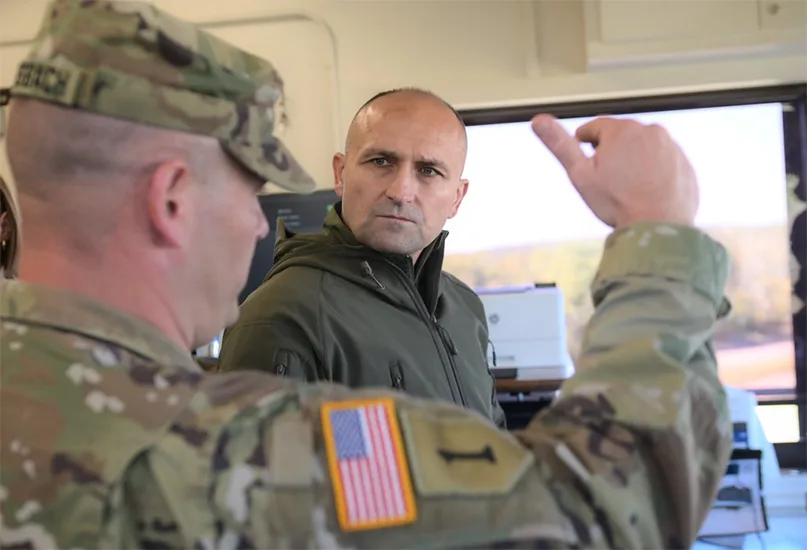
Are there any recent projects you’re working on that you’d like to celebrate?
IA: We are currently undertaking a historic modernisation of the Croatian armed forces with sustained investment in equipment.
MORH has signed a contract for the acquisition of eight High Mobility Artillery Rocket System (HIMARS) multiple rocket launcher systems.
In addition, we are procuring 44 state-of-the-art Leopard 2A8 tanks, and we expect the delivery of six armed Bayraktar TB2 drones in September.
Elsewhere, we are preparing to initiate the procurement process for corvette warships and medium-range air defence systems.
Our air force has been modernised with the acquisition of 12 used Rafale combat aircraft and, at the end of April this year, we completed the formation of our combat squadron.
“We are currently undertaking a historic modernisation of the Croatian armed forces with sustained investment in equipment”
Ivan Anušić, Minister of Defence, Ministry of Defence of the Republic of Croatia
How do you see MORH developing over the next five years?
IA: When we speak about the development of MORH, we are primarily referring to upgrading the Croatian armed forces.
Over the next five years, our goal is to establish a fully equipped, modern military capable of deterring any potential threat.
This vision is well within reach, especially considering that most key weapons systems we are currently acquiring are expected to be delivered by 2028.
We also have high expectations for the ReArm Europe plan, provided that bureaucratic procedures are simplified and procurement processes accelerated.
I recently addressed this topic at the Defence24 Days international security conference in Warsaw.
The shift towards joint procurement is a positive development as it expedites acquisition processes and facilitates more cost-effective pricing.
However, since the beginning of Russia’s aggression against Ukraine, procurement processes have slowed significantly, whilst prices have surged. For this reason, it is more important than ever to invest in and further develop our domestic defence industry.
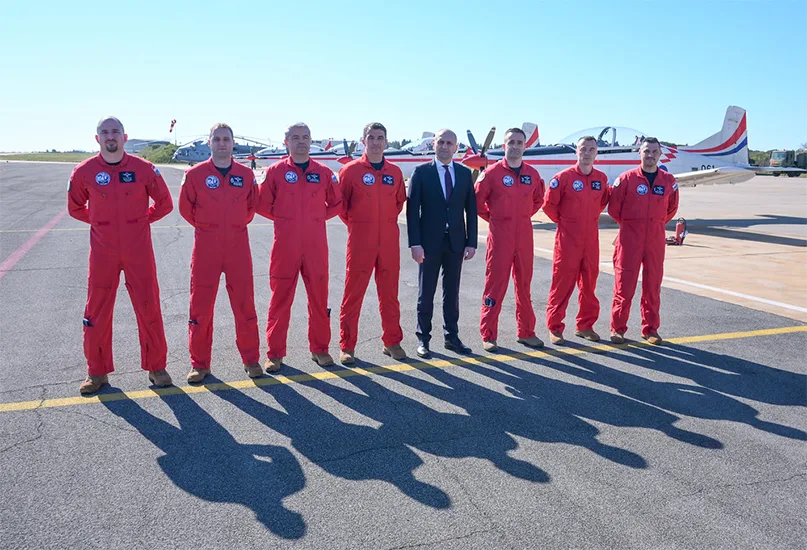
Finally, what key targets do you hope to achieve moving forwards?
IA: Beyond our intensive efforts to equip and modernise the Croatian armed forces and increase defence spending, we are fully aware that a motivated, well-compensated, and well-supported soldier represents the core strength of our defence system.
As such, our goal is to continue improving the quality of life for members of the Croatian armed forces.
Last year, we raised the average salary for all active-duty personnel by 30 percent, and we remain committed to continuing along this path.
In addition to further improving financial benefits, we will provide members with access to subsidised housing loans and other benefits.



